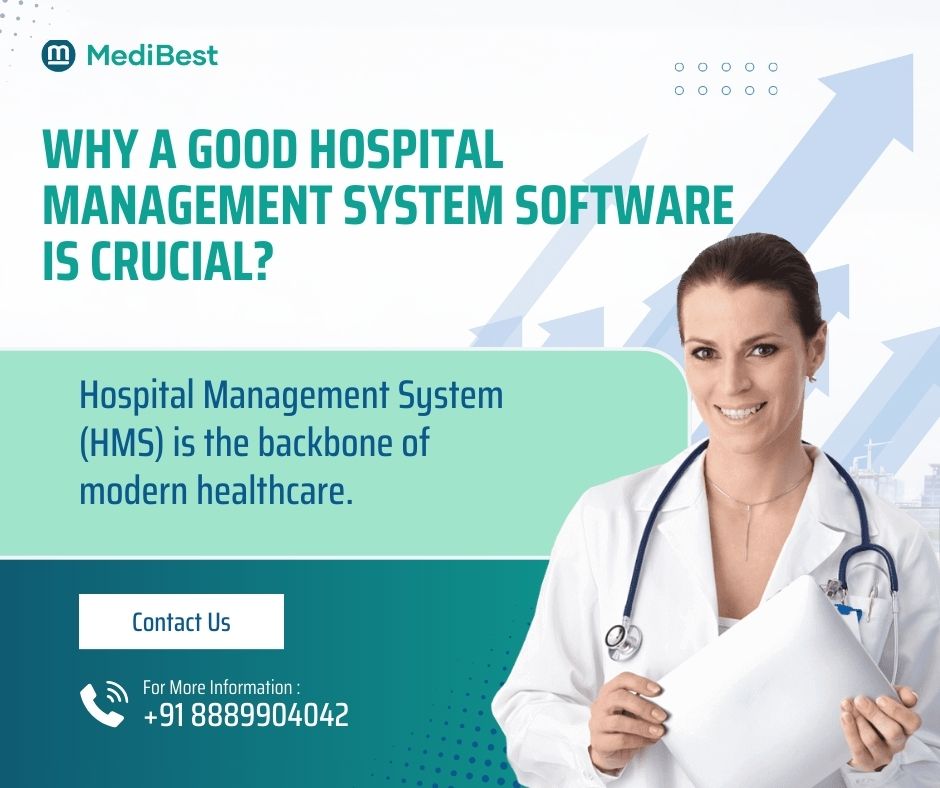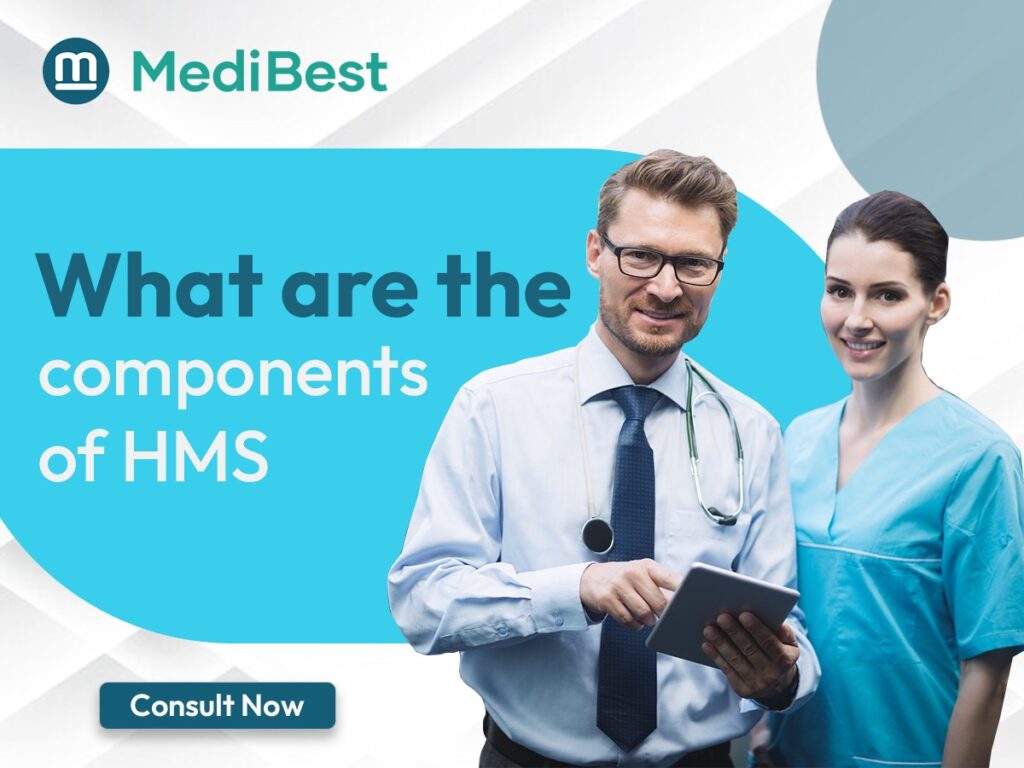
Healthcare regulations continue to evolve, presenting major compliance challenges for hospitals and health systems. Violations can lead to fines or punitive actions that damage the organization’s finances and reputation. Implementing a robust hospital management system (HMS) software solution can help hospitals meet regulatory requirements in a more efficient, integrated manner.
Automating Workflows and Monitoring for Compliance
A key way HMS software supports regulatory compliance is through workflow automation. The system can be configured to standardize organizational processes per established protocols. Workflows with built-in alerts and reminders prevent missed critical steps and reduce manual errors.
By digitizing and automating workflows, the HMS solution generates a compliance trail. The system tracks who accessed or modified records along with timestamps, supporting audits for privacy regulations like HIPAA. It facilitates regular employee training on regulatory procedures through online modules. Dashboard reminders also prompt staff to complete required training.
Central Repository for Reporting Needs
HMS software centrally compiles data from disparate sources across the hospital into a single integrated repository. This makes it faster and easier for hospital staff to pull the necessary data together when regulatory report submissions are due.
The system may include pre-built report templates that align with mandated government and agency reporting. This reduces the manual effort to gather data and compile submissions. Having readily available data helps hospitals coordinate teams and processes to meet filing deadlines.
Analytics and Insights for Improvement
In-depth analytics and dashboards are key features of robust HMS solutions. They allow hospital leaders to derive meaningful insights from the data to identify issues and improvement opportunities. This supports data-driven decisions to enhance operations, administrative workflows, and patient care practices.
The insights can aid compliance with regulations on quality of care, patient safety, and value-based care mandates. HMS analytics provide visibility into clinical and operational metrics. Hospitals can improve outcomes, demonstrate quality, and earn incentives through value-based programs.
Add-On Modules for Specialized Needs
HMS software often allows hospitals to enhance functionality with add-on modules tailored for specialized compliance needs. Some systems offer a dedicated compliance module with protocols and checklists based on healthcare regulatory standards.
Other systems provide bolted-on options like clinical documentation tools to support complete and accurate coding. This aids compliance with billing rules and avoids penalties.
Configuration and Support for Ongoing Compliance
Knowledgeable HMS vendors provide deployment services to adapt the software to each hospital’s unique regulatory requirements. Experts help customize system configurations, workflows, reporting, and analytics to maintain compliance.
Ongoing training and support enables hospitals to stay compliant as regulations change. Vendors inform clients of relevant regulatory updates. With the vendor’s help, the HMS solution can flexibly adapt to new compliance demands. This provides long-term value.
In summary, a robust HMS system with the right capabilities and vendor support provides hospitals with a strategic platform for streamlining regulatory compliance across the board.


